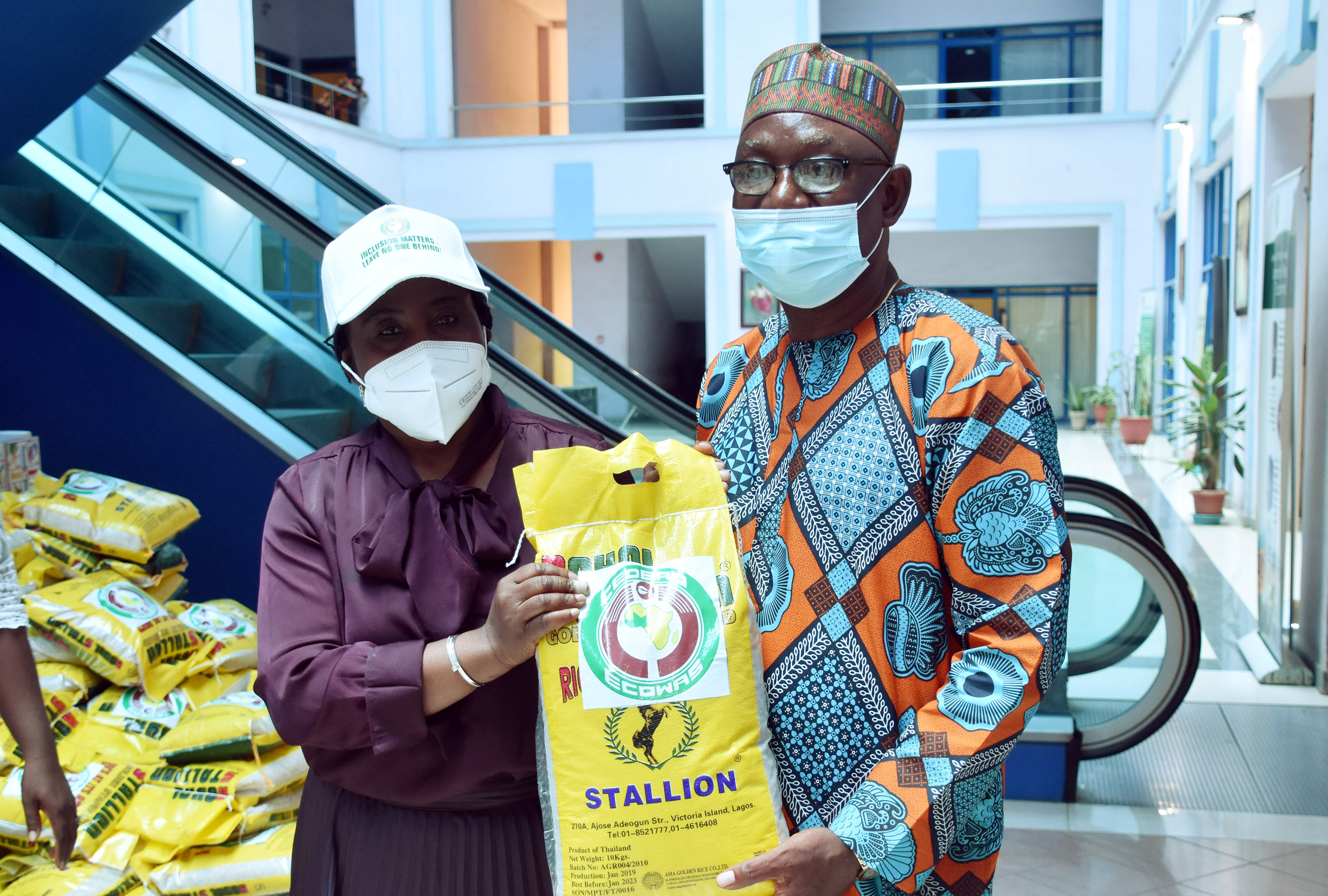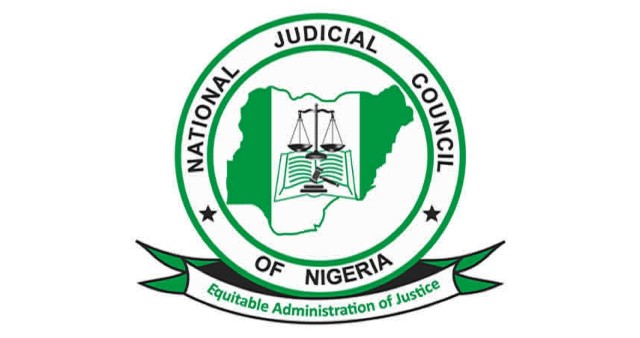Business
NBET Owes Power Producers N437.67bn For 2020’s Generation

Power generation companies were not paid 59.17 per cent of the invoice issued last year for the electricity produced and fed into the national grid.
The government-owned Nigerian Bulk Electricity Trading Plc buys electricity in bulk from generation companies through Power Purchase Agreements and sells through vesting contracts to the Discos, which then supply it to the consumers.
NBET received a total invoice of N739.68 billion from the Gencos last year but only paid N320.02 billion to them.
The nation generates most of its electricity from gas-fired power plants, while output from hydropower plants makes up about 30 per cent of the total generation.
There were reports last Thursday that power distribution companies in the country failed to pay a total of N510.53 billion for the electricity sold to them in 2020 by NBET.
The 11 Discos were given a total invoice of N730.71 billion for the energy received in 2020 but paid only N220.18 billion to NBET, according to NERC data.
The regulator said electricity consumers paid a total of N542.73 billion to the Discos last year, out of a total bill of N816.15 billion.
According to the Association of National Electricity Distributors, Discos only collect an estimated 24 per cent of the tariff revenue, while the balance goes upstream to transmission, generation and other industry stakeholders.
The Nigerian Gas Association and other stakeholders had said in January that the liquidity issues hampering returns from the power sector should be speedily resolved to address legacy debts and facilitate full recovery of gas revenues from the Nigerian electricity supply industry.
NERC, in its latest quarterly report, noted that the financial viability of the Nigerian electricity supply industry had remained a major challenge threatening sus-tainability.
“The liquidity challenge is partly due to the non-implementation of cost-reflective tariffs, high technical and commercial losses exacerbated by energy theft and consumers’ apathy to payments under the widely prevailing practice of estimated billing,” it said.
It said the period of the lockdown introduced by the Federal Government as a measure to curtail the spread of Covid-19 pandemic in 2020 further affected Discos’ billing of post-paid customers.
“The severity of the liquidity challenge in NESI was reflected in the settlement rates of the service charges and energy invoices issued by Market Operator and NBET respectively to each of the Discos as well as the non- and low payment by the special and international customers respectively for the services rendered by the MO,” the regulator said.
According to the report, the Discos were expected to make a market remittance of 44.87 per cent during the second quarter of 2020 but only 28.05 per cent settlement rate was achieved within the timeframe provided for market settlement in the Market Rules.
Business
TTP Trains Customs Agents, Freight Forwarders On Eto App
In a concerted effort to tackle racketeering and reduce inflated transportation costs in the Nigeria’s seaports, Trucks Transit Parks Ltd. (TTP) has trained Licensed Customs Agents and Freight Forwarders on the use of its Ètò electronic call-up system.
The training was held recently at Customs Processing Centre (CPC) Auditorium, Apapa, Lagos, in collaboration with the Nigeria Customs Service (NCS) and supported by the leadership of the Joint Association of Licensed Customs Agents and Freight Forwarders (JALCAFF), Apapa Command.
Speaking at the event, Comptroller Babatunde Olomu expressed appreciation to TTP for facilitating the training and emphasized the need for customs agents to take personal ownership of the Ètò booking process.
“I want to thank TTP for this impactful training. I encourage all customs agents to begin doing their own bookings directly. By doing so, they can take back power from the unscrupulous elements exploiting their lack of knowledge, selling tickets at highly inflated prices,” Olomu declared.
He noted that empowering agents with hands-on training was key to dismantling racketeering networks that have plagued access to the ports and frustrated efficient logistics processes.
Also speaking, the Chairman, Apapa Chapter of the Association of Nigerian Licensed Customs Agents (ANLCA), Chief Emeka Chukwumalu, said the engagement was critical to the ongoing push to reduce cargo transportation costs and ease business operations at the Apapa Port.
According to a freight forwarder, “The training is basically for us to have awareness of the operations of the Ètò call-up system through TTP. We also want to brainstorm on ways to reduce the high cost of cargo transportation in Apapa Port.
“This training opened our eyes to how simple it is to book tickets ourselves. We now know the right steps to follow and how to avoid falling victim to fraudsters.”
Earlier, Head of Operations at TTP, Mr. Irabor Akonoman, talked on common misconceptions about ticket pricing, reaffirming that the cost of Ètò bookings had remained consistent since its inception.
“The official price remains the same since inception. What people are paying higher amounts for is the manipulation by racketeers”.
Business
NECA Holds MSME Fair To Drive Growth
Towards strengthening small businesses and promoting a more supportive regulatory environment, the Nigeria Employers’ Consultative Association (NECA) says it will hold the 2025 edition of its flagship MSMEs Fair on Tuesday (May 6, 2025).
The event, themed, “Galvanising MSMEs for Economic Growth and Stability”, will take place at NECA House in Lagos.
According to NECA’s Director-General, Mr Adewale Smatt Oyerinde, the fair seeks to provide micro, small, and medium enterprises with essential tools, resources, and strategic networks to thrive in Nigeria’s challenging business climate.
He emphasised the vital role MSMEs play in national development, describing them as the “lifeblood of Nigeria’s economy.”
Oyerinde noted that the fair is designed to offer entrepreneurs practical solutions to navigate economic uncertainties, regulatory hurdles, and business scalability issues.
A major attraction of this year’s event is the keynote address by the CEO of FATE Foundation, Mrs. Adenike Adeyemi, a prominent advocate for MSME development.
She is expected to share transformative insights on innovative strategies for sustaining and growing small businesses in Nigeria.
A unique feature of the fair will be interactive sessions with key regulatory bodies. Entrepreneurs will engage directly with agencies responsible for licensing, compliance, taxation, and business registration.
NECA said these sessions aim to demystify bureaucratic processes and foster a more enabling business environment.
It also said the fair will provide a platform for entrepreneurs to exhibit their products and services, connect with potential investors, and explore new markets.
It added that participants would gain critical knowledge on digital transformation, access to finance, and strategies for sustainable business growth.
·
· NECA stressed that the fair aligns with its broader mission of promoting enterprise development and economic resilience.
·
· “By empowering MSMEs with the right support and information, the organisation aims to stimulate job creation, innovation, and long-term economic stability”, NECA said.
·
· The 2025 MSMEs Fair is expected to attract a wide range of stakeholders, including financiers, tech experts, regulators, and industry leaders, all united in advancing the growth of Nigeria’s MSME sector.
Business
Over 2m Passengers Board Blue Rail Train – Commissioner
The Lagos State Commissioner for Transport, Mr Oluwaseun Osiyemi, says over two million passengers have been transported on the Blue Line Rail since its launch, while state-run buses move an average of 42,000 commuters daily.
Osiyemi, who disclosed this during the Year 2025 Ministerial press briefing held at the Bagauda Kaltho Press Centre, Alausa, on Tuesday, noted that the Lagos State Transport Policy, launched in May 2024, was now in its implementation phase, focusing on inclusivity, safety, affordability, and sustainability.
“On rail development, Phase One of the Blue Line (Marina to Mile 2) has served over two million passengers, with Phase Two (Mile 2 to Okokomaiko) in progress.
“Phase One of the Red Line (Agbado to Oyingbo) is now operational with eight stations and additional rolling stocks procured, while Phase two (Oyingbo to link Blue Line at National Theatre) is underway”, he said.
The Commissioner said in the state-owned bus operations, over 60 million commuters have been served since 2019, with daily ridership exceeding 40,000.
He also said plans were on to deploy new buses with Quality Bus Corridors under construction, adding that the Abule=Egba Bus Terminal had also been commissioned.
“For water transport, 15 locally-built Omibus Ferries have been launched and are in operation, with the Ijegun Egba Terminal now open.
“The OMI EKO project, in partnership with the French Development Agency (AFD), will deliver 25 terminals and 78 electric ferries.
“Over 280,000 passengers have used ferry services in the past year, and 12 boats have been upgraded to meet safety standards”, he said.
On road infrastructure and traffic management, the Commissioner said 49 junction improvement projects had been completed, including ongoing ones at Ikorodu, Iju, as well as Allen-Opebi-Toyin axis.
He added that solar-powered Traffic Signal Lights, road markings covering 67.9km, new medians, laybys, and 3,941 parking lots had also been provided.
Additionally, Osiyemi announced that the deployed Automatic Number Plate Recognition cameras had detected over 470,000 traffic violations and that the Vehicle Inspection Service issued over one million roadworthiness certificates.
He also said that the Lagos State Drivers’ Institute trained more than 32,000 drivers in the past 13 months.
The event marked the second anniversary of Governor Babajide Sanwo-Olu’s second term, showcasing major strides in the transport sector under the THEMES+ agenda.
Nkpemenyie Mcdominic, Lagos
-
Niger Delta3 days ago
Oborevwori, Others’ Defection Creates Political Tsunami – Tinubu …As Gov Tags It ‘Movement’
-

 Nation3 days ago
Nation3 days agoWike Fires Back At Atiku, Dele Momodu Over Zoning Comment
-
Business3 days ago
Improved Income Drives NGX Group To Profitability
-
News3 days ago
Rivers Gears Up For First Round Of Polio Immunization Campaign
-
Politics3 days ago
No Southerner Can Successfully Challenge Tinubu In 2027 – Momodu
-

 Nation2 days ago
Nation2 days agoHYPREP Inducts 100 Ogoni Youths For Creative Arts Training
-
Niger Delta3 days ago
Falling Trees Destroy Properties In Calabar
-

 News3 days ago
News3 days agoThree Judges Suspended As NJC Voids Imo Acting CJ’s Appointment

